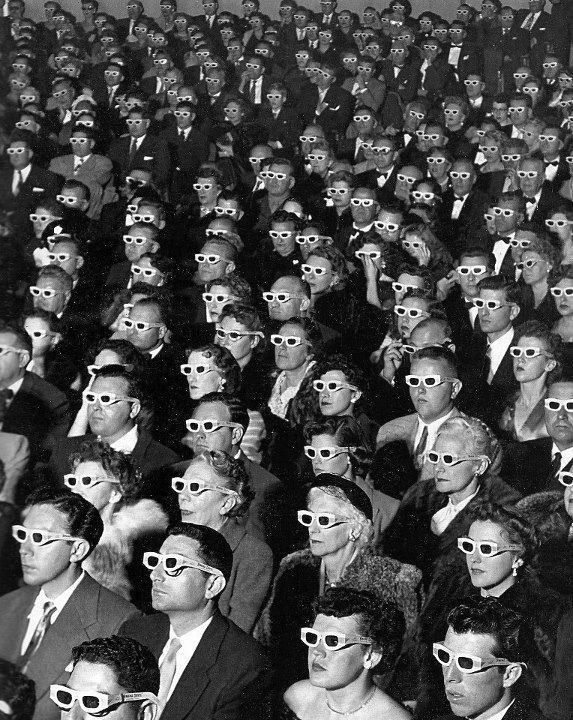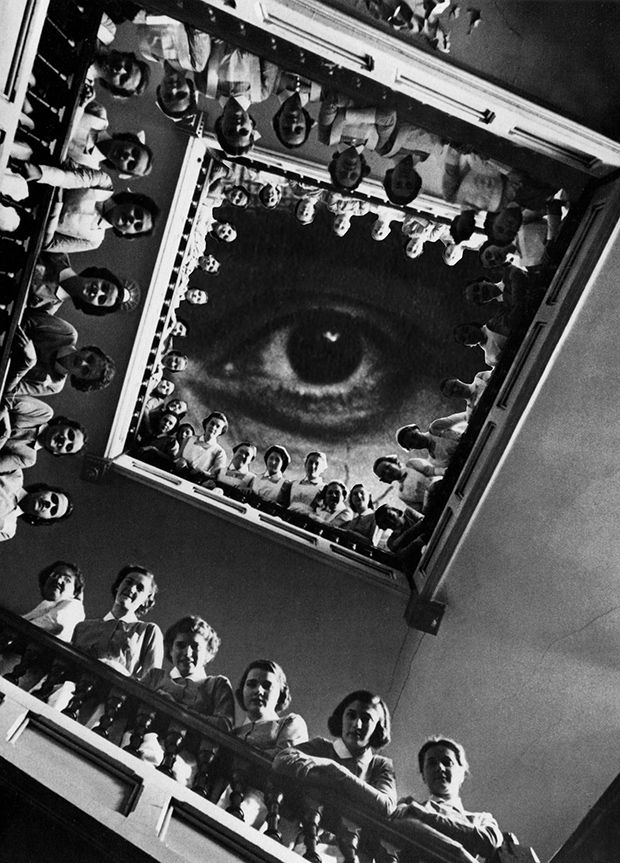It is no secret that we are currently consumed by the media. We live in an oversaturated society where media rapidly gets churned out on a 24/7 scale. Although you would assume that this has led to diversity in content, Adorno suggests that it has created ‘the culture industry’. Instead of building freedom and individualisation, the media is an institution that promotes dominant values that serve the interests of capitalism.
Entertainment is the prolongation of work under late capitalism.
Adorno and Horkheimer, 1944
The masses are given an illusion of choice, where mass entertainment is strengthening the power of the bourgeoisie and lessening the chance of a revolution; socialising them into conformity. Entertainment is an extension of the routines and mechanisation of labour. Instead of providing individualisation, entertainment becomes a way for people to cope with their work lives, offering temporary relief that ultimately reinforces the same patterns of thought and behaviour found in their jobs. Leading to a cycle where even free time feels like work rather than genuine relaxation.
In summary, production is centred around what sells and the economy. As Adorno and Horkheimer‘s essay ‘The Culture Industry: Enlightenment as Mass Deception’ describes, ‘art and [creativity] succumb to the production methods and sales techniques of mass production.’ (Adorno and Horkheimer, 1944) In this regard, instead of prioritising uniqueness and imaginative freedom, what is made is based on what will appeal to the largest number of people. This is shaped by the norms and values that are taught to us since birth. For example,
- Consumerism
- It gives us the idea that fulfilment can be reached by seeing the latest films or partaking in the newest trends because of how they are assigned to status and identity.
- Stereotyping
- The way the media represents certain groups can perpetuate and reproduce existing inequalities, keeping minorities at the bottom of the hierarchy and legitimising those who are in power. For instance, the working class are often depicted as less educated, lazy and deviant, subconsciously displaying the belief that they are deserving of where they are in society.
Where Do We See This In The Film Industry?

Franchise Films
This is evident in franchise films that have existing audiences and familiar, iconic characters. Marvel’s Cinematic Universe has guaranteed success because people are already familiar and invested in the stories. Despite there being 34 films in it, the majority of them have predictable, similar arcs and plot devices. On top of this, superhero movies are typically known to reinforce gender norms; strong alpha males, partnered with dependent women as their love interests. Captain America is also known to be overly patriotic, creating a blanket of national pride. Lastly, their focus on fantasy is thought to distract the masses from real world issues, preventing representation of confronting societal problems.

Product Placement
This is also apparent in the reliance of product placement in all major film releases. The merchandising and brand partnerships in art commodifies it, and reduces the culture that it previously held. It stimulates consumerism because people want to buy the associated items for status. This promotes the idea that owning branded items can change your respectability/identity. It removes the authenticity and art of film by becoming commercialised and centred around monetary gain.
Overall, ‘The Culture Industry‘ replaces the culture of film with standardised content that prioritises profit over creative expression.
References
- Adorno, T. and Horkheimer, M. (1944) ‘The Culture Industry: Enlightenment as Mass Deception’, in Dialectic of Enlightenment. England: Verso Books.





Hi!This article is really eye-opening! It digs deep into the culture industry and its effect on cinema. The part about how media ties to capitalist values, like consumerism and stereotyping, makes a lot of sense. And when it comes to franchise films and product placement in the movie biz, it hits the nail on the head. It gives me a whole new way to look at modern film culture. Kudos to the author for such a great piece!